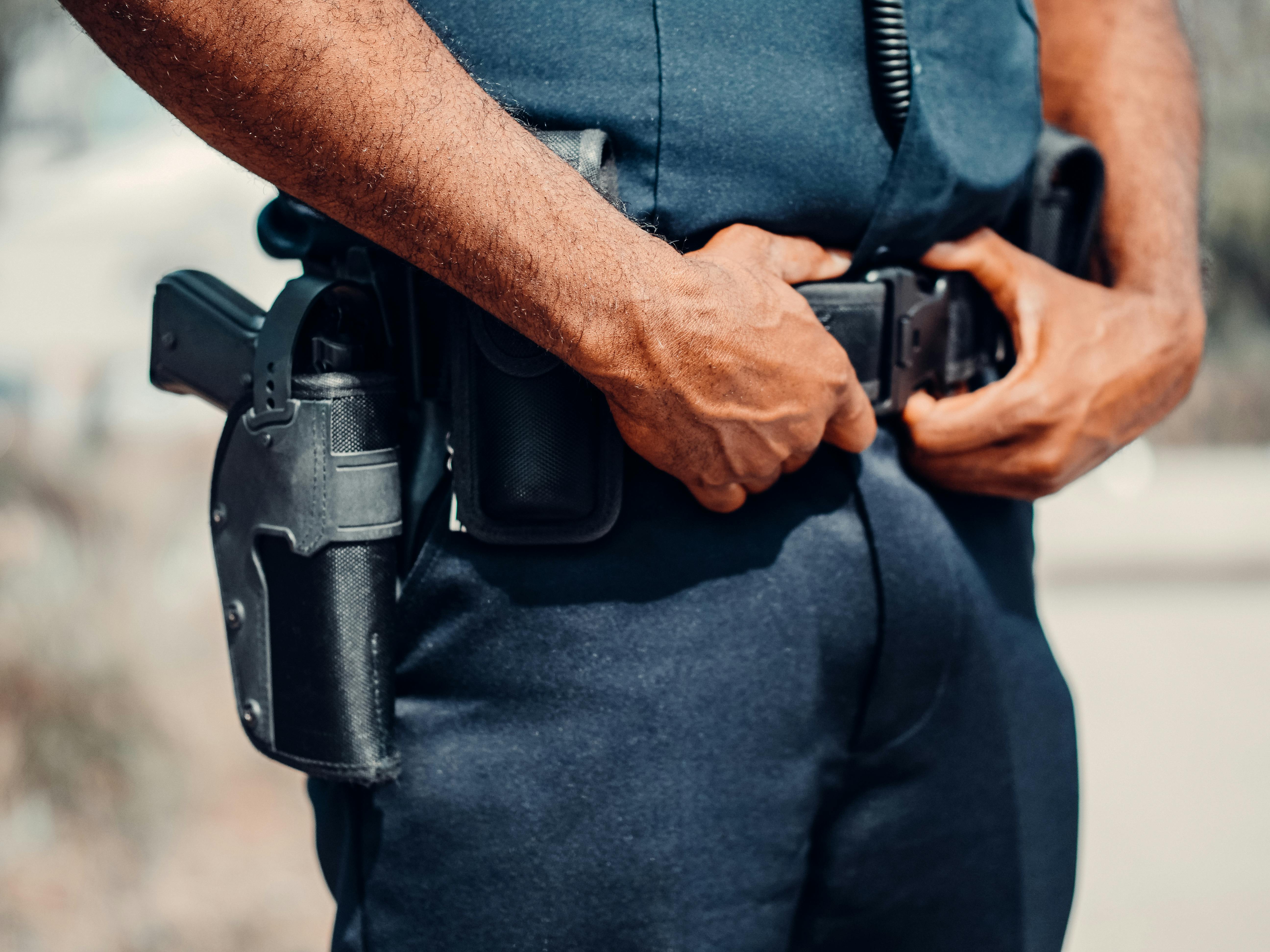
A Comprehensive Guide To Understanding Miranda Rights
You have the right to remain silent. Anything you say can and will be used against you in a court of law. You have the right to an attorney. If you cannot afford an attorney, one will be provided for you…”
This famous statement given by law enforcement officers is known as the Miranda warning. If you are given this speech by a police officer, you are being held in police custody for an interrogation. But hearing your Miranda rights doesn’t necessarily mean that you are under arrest — the police may believe you are a witness or a suspect and must inform you of your right to remain silent and ability to consult legal counsel.
The History Behind Miranda Rights
Prior to 1966, suspects were not read their Miranda rights before police questioning. However, the option to remain silent during interrogation proceedings was always there, according to our 5th amendment rights of the Constitution.
But not everyone knew their constitutional rights, most notably, Ernesto Miranda in 1963. Miranda had been hauled into his local police station for questioning after a young woman reported being abducted and raped. Law enforcement claims they received a confession from Miranda during interrogation (later to be recanted by the suspect).

Miranda was sentenced to prison and later received help from the American Civil Liberties Union, who appealed his case to the Supreme Court under the premise of a forced confession. The case was overturned and retried — ultimately convicting Miranda of the crime for the second time. However, thanks to this historic case, law officers read suspects their Miranda rights before questioning.
Why Are Miranda Rights Are Important For American Citizens
Answer this: If you are innocent of a crime, should you waive your Miranda rights and answer to police questioning?
No. You should always remain quiet until you have an attorney present — even if you are innocent. Law enforcement has one job: find the culprit of the crime committed. They want to find their perpetrator as quickly as possible, close the case, and move on. If they have reason to suspect you committed the crime, everything you say during interrogation matters.

Having a lawyer present during police interrogation acts as a safeguard against unfair questioning. If a law enforcement officer asks something inappropriate or incriminating, an attorney will advise you on whether to answer or not. Unless you have extensive legal knowledge, you won’t know which questions to answer (and if you do have legal knowledge, then you’d likely have an attorney present regardless).
Once the police believe they have a confession, it is very difficult to fight against charges in the court of law. While Ernesto Miranda changed history with his Supreme Court case, he was still convicted of the abduction and rape of the young woman during his second trial. If he had legal representation when he was taken into custody in 1963, he may not have offered a confession and his court trial would have looked different.
Always Ask For Legal Representation During Police Interrogations
If the day comes where you are read your Miranda rights by a law enforcement officer, your next step should be to ask for an attorney. When that time comes, contact the legal professionals at Hickey & Hull.
Hickey & Hull law offices represent individuals who are facing criminal charges in the court of law. Our team of attorneys will help our clients every step of the way, from the initial police interrogation to court proceedings. Don’t wait — when you need legal representation, time is of the essence. Call our northwest Arkansas office at (479) 802-6560 and acquire a lawyer dedicated to your case today.
